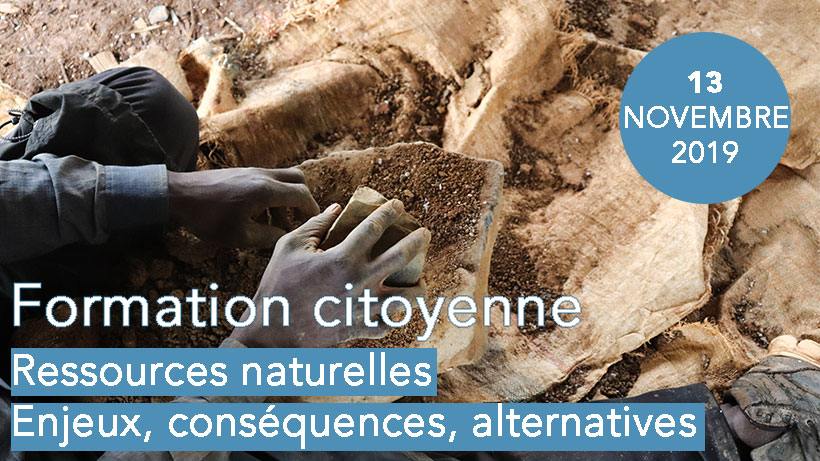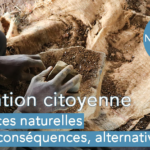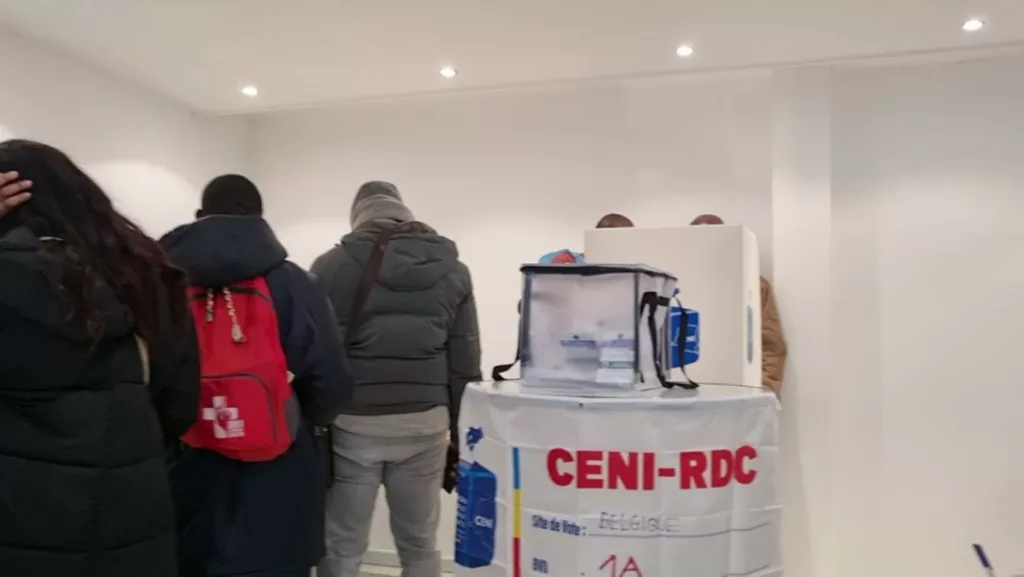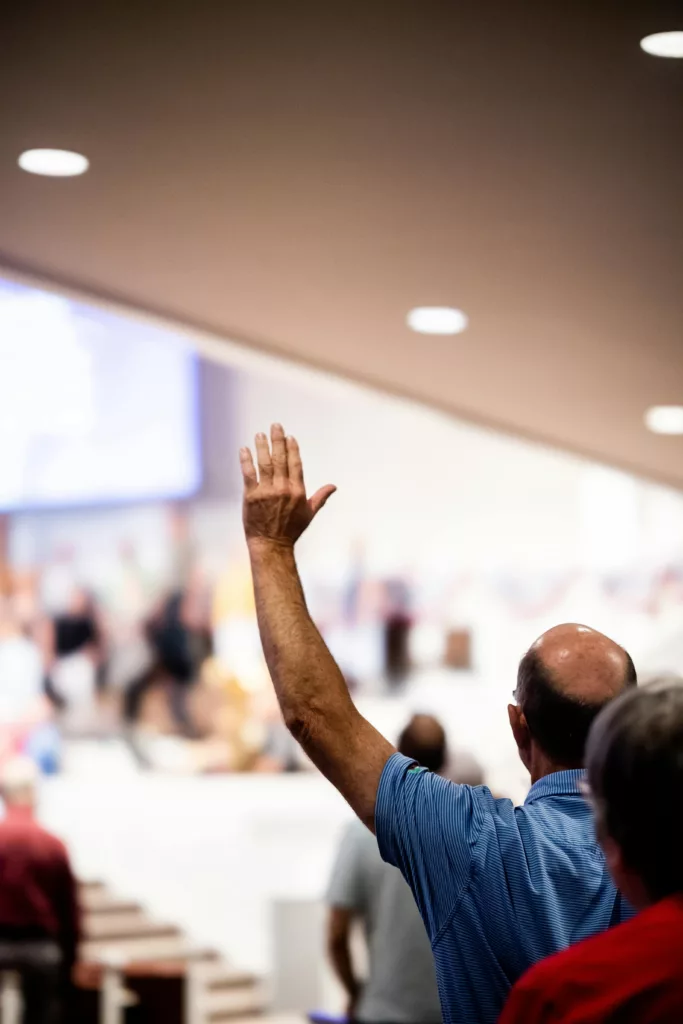In continuation of the Belgian Technical Cooperation Infocycle (CTB), the Belgian Natural Resources Network (RBRN) offers you 1 day of training on the challenges of natural resources, the consequences of their exploitation and the alternatives to build.
Our human societies consume natural resources at a breakneck pace, which far exceeds the planet's capacity to renew itself. The unequal and unreasonable exploitation of these resources causes numerous impacts across the world and can fuel violent conflicts. Natural resources are an interesting reading grid to address many challenges : economic, geopolitical, ecological And humans. After the observation, building alternatives to our modes of production and consumption seems essential.
This is what we invite you to discover through the three modules of this day's training:
Natural resources are the engine of our human societies. Their consumption has increased considerably in recent decades and so have the consequences of their exploitation. Their consumption is, however, very unequal between different parts of the world. What responsibilities? What future supply strategies for the great powers? And how can we maintain such a level of consumption of limited resources such as minerals or fossil fuels over time? During this module, the focus will be on mining resources.
The main natural resources of Western Sahara are phosphate and fisheries resources. If these make Western Sahara a particularly rich territory, the management and exploitation of Sahrawi natural resources remain the prerogative of the Moroccan administration. Is the exploitation of natural resources in Western Sahara legal according to international law? The “Crowdsourcing: natural resources in occupied Western Sahara” training will help you better understand how an occupying power exploits a “non-autonomous” territory.
Faced with the (over)consumption of natural resources (energy, minerals, etc.) that we are witnessing, a series of solutions, most often of a technical nature, are being put forward to reduce our ecological footprint, like the energy transition. or the circular economy. This module aims to better understand these possible solutions to seize the opportunities, but also the limits and try to think about other possibilities for action.
– Date: November 13, 2019 from 9 a.m. to 4:30 p.m.
– Location: Justice and Peace, Chaussée St Pierre 208 at 1040 Etterbeek
– Price: 5 euros
– Public: All public (citizens, teachers, facilitators, etc.)







